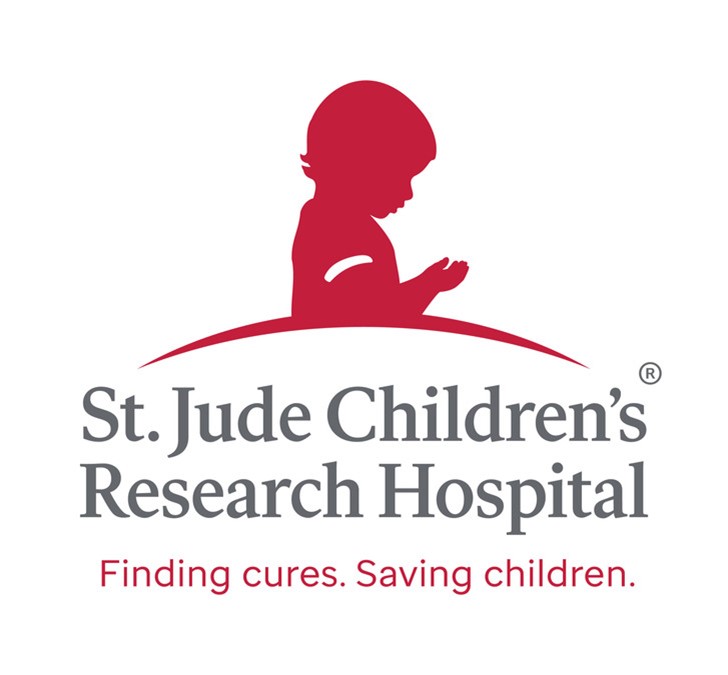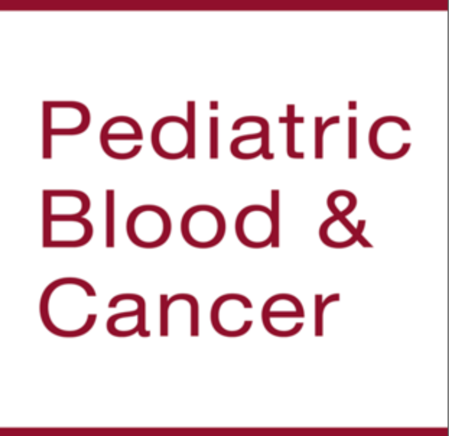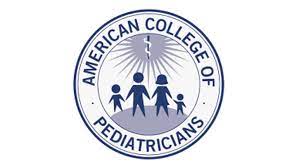
Stem Cell Transplant & Cognitive Effects
Cognitive effects can result from childhood cancer treatment. Risk factors include the use of radiation, types of chemotherapy used during treatment, the age of the

Cognitive effects can result from childhood cancer treatment. Risk factors include the use of radiation, types of chemotherapy used during treatment, the age of the

Most survivors do not meet the recommended guidelines for many dietary nutrients. This resource reviews dietary intake among survivors and the results of these habits.

Chronic fatigue is the most common long-term symptom among cancer survivors in the United States. Researchers have discovered that dietary interventions may help reduce fatigue,

Statistically, adult survivors have poor adherence to dietary guidelines. Low nutritional intakes of whole grains and high intakes of sodium and empty calories particularly burden

This study reviews nutritional concerns unique to childhood cancer survivors and its relationship with other late effects and overall quality of life.

This study reviews nutritional concerns unique to childhood cancer survivors, and its relationship with other late effects and overall quality of life.

Fatigue tends to improve over time after childhood cancer treatment but may be predicted by greater depression symptoms and lower mobility of survivors recently off

Some cancer patients experience changes in cognitive function during cancer treatment. Patients and families may notice changes in thinking, attention, or memory. Cancer patients often

This resource outlines the development of the adolescent brain for all teenagers. It details the impact of hormonal changes, exercise, sleep, alcohol, marijuana, media, and

Childhood cancer survivors are at a higher risk of pain and associated functional impairments later in life, study results show. These results, according to experts,